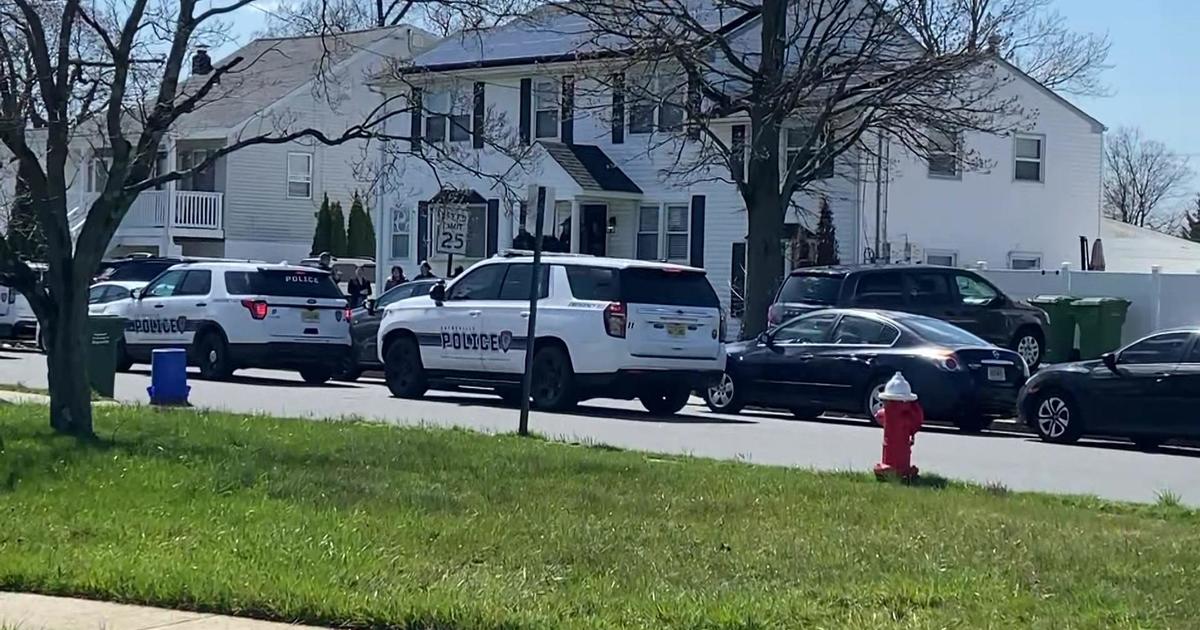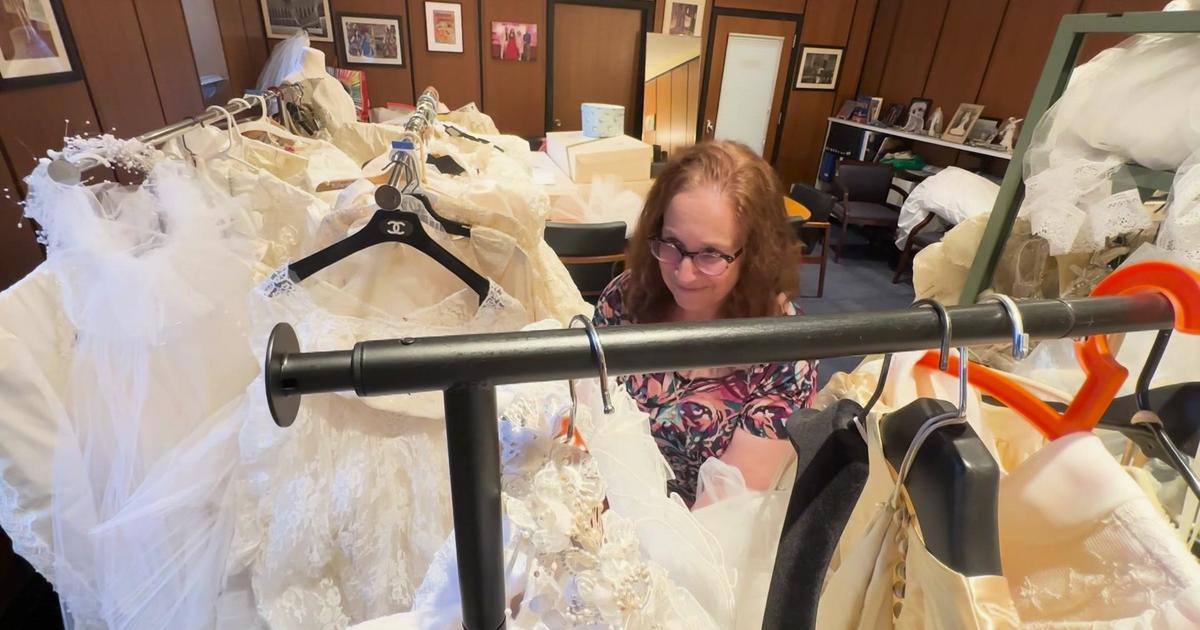New Jersey Senate Leader Hits Brakes On Pump-Your-Own Gas Bill
TRENTON, N.J. (CBSNewYork/AP) -- New Jersey drivers won't have to pump their own gas any time soon.
Senate President Stephen Sweeney said on Tuesday that recently introduced measures to roll back the law requiring gas station attendants to pump gas will not be posted as long as he's in charge.
"There's nothing wrong right now with our system,'' Sweeney said. "There's not a problem.''
Republican Assemblyman Declan O'Scanlon and Sen. Gerald Cardinale, as well as Democratic state Sen. Paul Sarlo, want to end the prohibition that dates to the 1949 law. O'Scanlon said his legislation calls for a three-year period where merchants can offer self-service gas but must also provide full service. He called the current law unnecessary.
New Jersey Senate Hits The Brakes On Pump-Your-Own Gas Bill
"I've always known the senate president was opposed to it and my thoughts on it weren't to have it move, it's to stir debate, and it worked,'' Sarlo said.
Some defenders of the 1949 Retail Gasoline Dispensing Safety Act specifically cite potential hazards. Meanwhile, critics point out that 48 other states operate without much trouble.
Sweeney said it's a matter of convenience, not safety.
"When we had the winter we had this year, I don't see many men and women in this state wanting to pump their own gas," Sweeney told WCBS 880's Jim Smith.
He argued that a system that is not broken should not be fixed.
"We really don't have a crisis here that needs to be corrected," Sweeney told 1010 WINS' Rebecca Granet. "I think this system that New Jersey has in place works, I think it's more of a convenience than a safety issue, and the majority of the people in New Jersey like our system."
And in his role as a gatekeeper to which bills move forward in the state senate, this one is facing a dead end.
"I'm not going to pressure for a vote," he said.
New Jersey Senate Leader Hits Brakes On Pump-Your-Own Gas Bill
The trade group representing gas stations, which had opposed self-service previously, now supports the idea.
Sal Risalvato, executive director of the New Jersey Gasoline, Convenience Store, Automotive Association, said that 30 years ago, big oil companies owned and operated many retail stations and had a financial advantage over smaller operators, making it easier for them to transition to self-service and resulting in the group's opposition.
That's changed now, Risalvato added. Gas station operators said self-service would allow them to stay open overnight and could result in fewer closed pumps due to lack of manpower.
"How many times have you driven into a gas station and seen pumps blocked off by orange cones?'' Risalvato said, adding that's a sign that stations do not have enough workers on duty.
Sarlo said that gas stations should be allowed to let people pump their own gas at stations when there aren't enough attendants to handle demand.
"Open them up and if someone wants to pump their own gas, let them,'' Sarlo said.
Sweeney said there's about 8,000 people that pump gas in New Jersey and the self-service option could contribute to a loss of jobs, Granet reported.
But Risalvato said there would be "no real impact on employment, since the self-serve option would be at pumps which had previously been coned off.''
Gov. Jon Corzine tried to end the self-service ban nearly a decade ago and got serious blowback from some residents in a state where bumper stickers proclaiming "Jersey Girls Don't Pump Gas'' are seen.
Nearly every state had a ban on self-serve in the 1960s, said Jeff Lenard, a vice president of the National Association of Convenience Stores, but technological changes that allowed clerks inside to reset pumps remotely and especially the oil crises of the 1970s made self-serve popular.
He said that most stations now see bans on pumping your own gas as an impediment to sales. He said that a rudimentary calculation shows having an attendant adds at least a nickel to the price of a gallon of gas.
New Jersey and Oregon are the only two states that bar motorists from pumping their own gas.
"It's just something that makes New Jersey a little more unique and I think the public, especially the people of New Jersey, like it," Sweeney said.
(TM and © Copyright 2015 CBS Radio Inc. and its relevant subsidiaries. CBS RADIO and EYE Logo TM and Copyright 2015 CBS Broadcasting Inc. Used under license. All Rights Reserved. This material may not be published, broadcast, rewritten, or redistributed. The Associated Press contributed to this report.)



